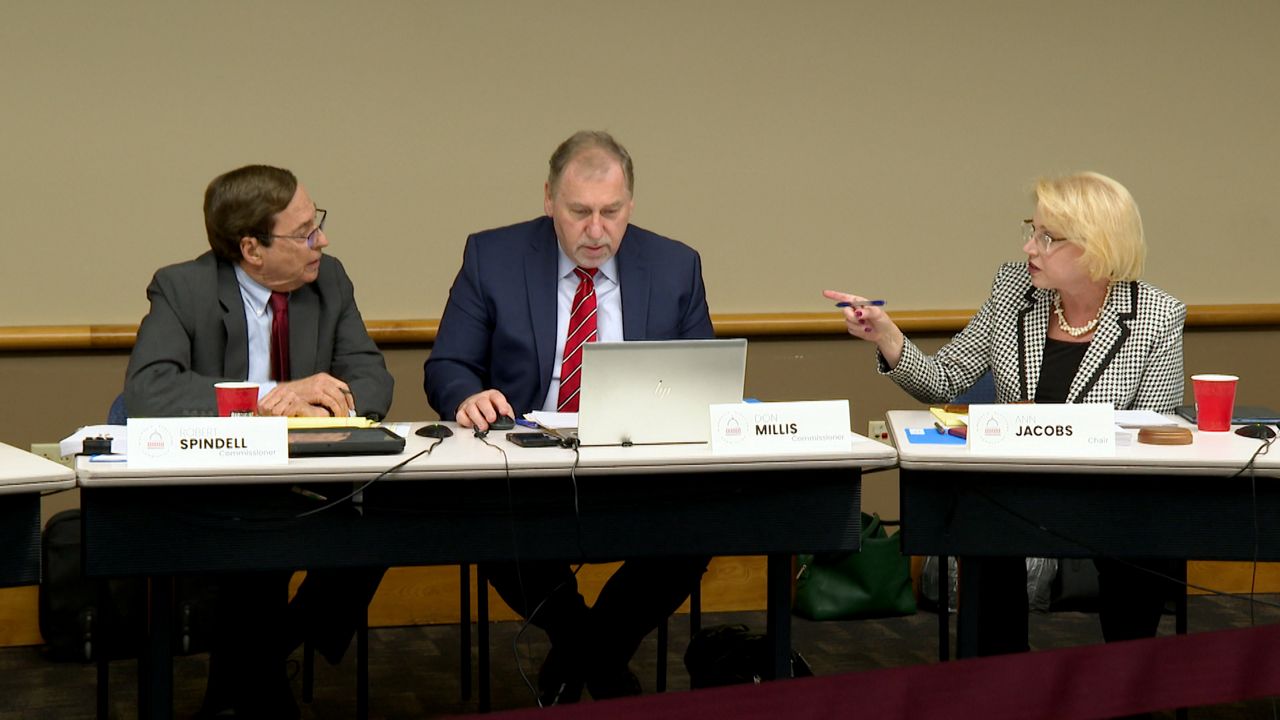MILWAUKEE — Former Wisconsin Gov. Scott Walker spoke out after a Dane County judge struck down parts of Act 10 thereby restoring, at least for now, collective bargaining powers for public employees across the state.
For Walker, whose landmark legislation removed the ability for most public sector workers to negotiate for anything other than base wage increases, the decision 13 years later was summed up in three words: brazen political activism.
“This is an early Christmas present for the big government special interests,” Walker said. “This is brazen political activism by this judge on the Dane County bench. This is an issue that has been resolved multiple times in state and federal court. This was just a gift to the special interests and it’s one I fear that could ultimately make its way to the state Supreme Court where this spring may decide whether or not there’s a fourth activist on the court, and really it’s more than just Act 10. It’s about whether or not people in the state believe in the separation of powers.”
Back in July, the same Dane County judge ruled that parts of Wisconsin Act 10 were unconstitutional because it violated the “equal protection” guarantee in the constitution. In other words, the statute treated some public safety employees, such as municipal police officers, differently from others.
Walker, however, said state law already defines that separate group of public employees.
“This ridiculous argument holds no bearing whatsoever because if it did, the law that’s been on the book for decades, it creates a separate class of what’s called protective occupation participants, those in law enforcement and fire services, would have been thrown out as well,” Walker explained. “They didn’t go after that because that didn’t involve Act 10, and really what they are trying to do is take the power back out of the hands of the hardworking people of this state and put it back in the hands of the big government union bosses, and we’re not going to stand for that.”
Now, public sector workers who lost their collective bargaining power back in 2011 will have it restored based on this latest ruling, which means they would be treated the same as the police officers and firefighters, as well as other public safety unions that were exempt from the law.
For Walker, that’s concerning not just because of politics but for the people.
“It’s really not about me. I don’t care about the legacy part [of] it. What I care about is the people,” Walker said. “The people this impacts are the students, their families, the people who get municipal and county services. Life will be much harder for all those groups out there if this is upheld through the state Supreme Court.”
Odds are the case will now go to the state Supreme Court where liberals currently have a 4-3 majority. There will, however, be an election this spring, in April, after which there could once again be an ideological flip depending on what happens.












